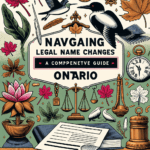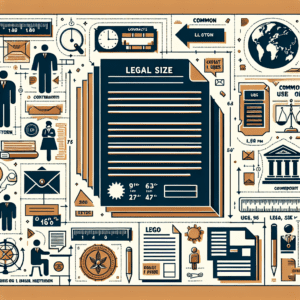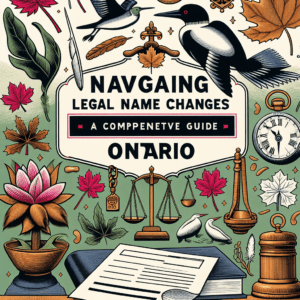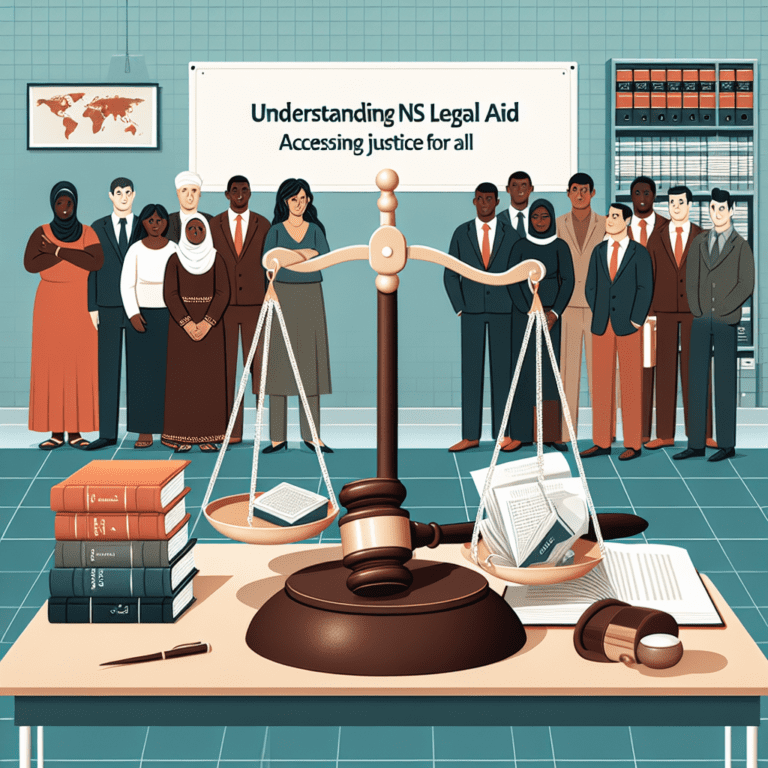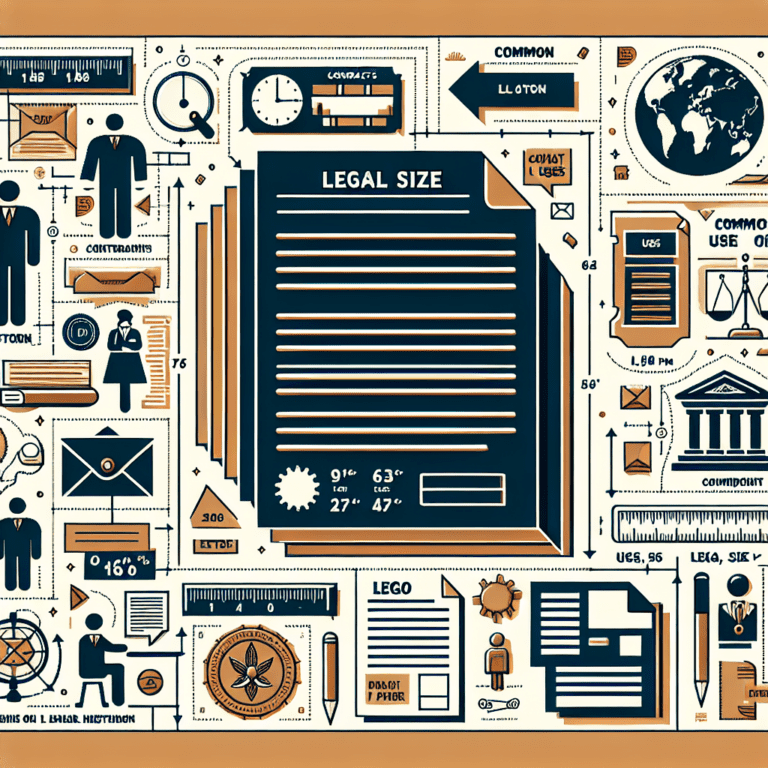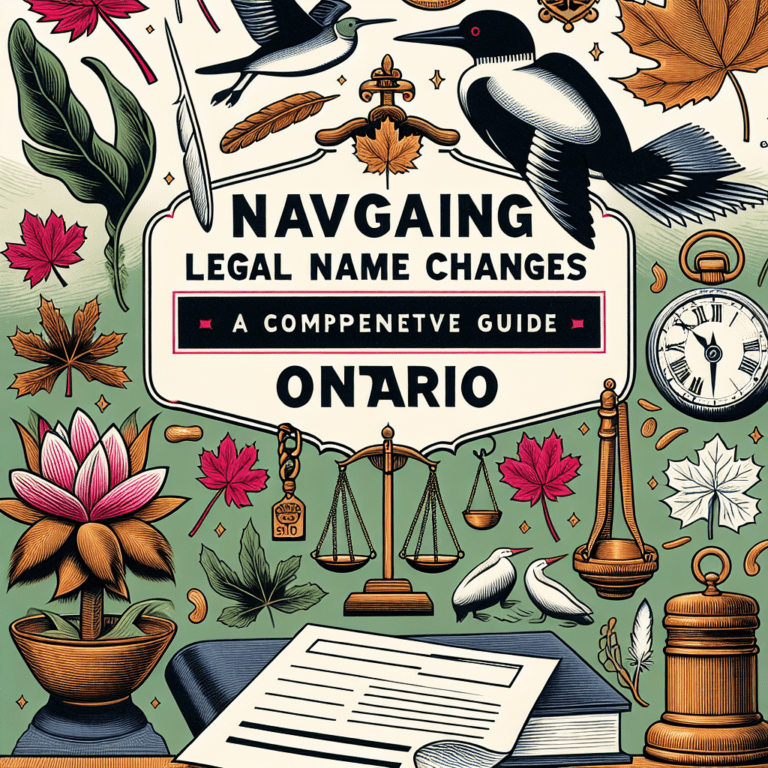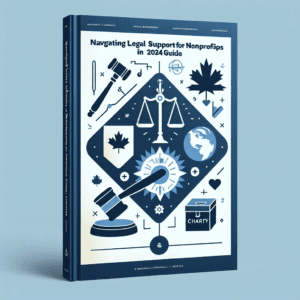===
In 2024, navigating the landscape of human rights legal support in Canada has become increasingly complex yet crucial for individuals seeking justice and equity. With rising cases of discrimination, systemic inequality, and violations of fundamental rights, the need for robust legal support systems has never been more pressing. This article will explore the intricacies of human rights legal support in Canada, highlighting essential insights and developments that can empower individuals to advocate for their rights effectively.
Understanding Human Rights Legal Support Systems in Canada
Human rights legal support in Canada operates through a combination of federal, provincial, and territorial frameworks designed to protect individuals against discrimination and injustice. The Canadian Human Rights Commission (CHRC) plays a pivotal role at the federal level, addressing complaints related to violations under the Canadian Human Rights Act. Additionally, each province and territory has its own human rights commission, providing localized support and resources tailored to the specific needs of their communities. This multi-tiered approach ensures that individuals have access to a variety of channels to seek redress for rights violations.
One of the complexities in the Canadian human rights landscape is the intersectionality of various laws and regulations. Not only do individuals need to navigate the nuances of human rights legislation, but they must also consider how these laws interact with other areas, such as employment, housing, and healthcare. Legal support systems often involve a network of advocates, lawyers, and support organizations that specialize in these intersections, thereby ensuring comprehensive assistance for affected individuals. This collaborative network is crucial in guiding individuals through the often-daunting process of filing complaints and seeking justice.
Moreover, 2024 has witnessed an increased awareness surrounding human rights issues, leading to enhanced legal support initiatives across the country. Organizations and legal clinics are leveraging technology to provide resources and support remotely, making legal assistance more accessible to marginalized communities. Workshops, online resources, and helplines are increasingly common, empowering individuals to understand their rights and access the legal support they need. This evolving landscape reflects a commitment to not only uphold human rights but also to ensure that all Canadians have the tools and knowledge necessary to defend them.
Key Insights and Developments in 2024 Human Rights Law
As we delve into the key insights of 2024, one notable development is the introduction of new legislative measures aimed at strengthening human rights protections in Canada. This includes an expanded definition of discrimination that encompasses emerging social issues such as digital equity and systemic bias in technology sectors. By addressing contemporary challenges, these legislative updates signal a proactive approach to human rights law, ensuring that protections evolve alongside societal changes. Stakeholders are encouraged to familiarize themselves with these updates, as they significantly impact the landscape of human rights legal support.
Another important facet of 2024’s human rights legal framework is the growing emphasis on restorative justice approaches. This paradigm shift prioritizes healing and accountability rather than punitive measures alone. Such methods foster an environment where victims and offenders can engage in dialogue, promoting understanding and reconciliation. Legal support systems are increasingly integrating restorative justice principles, offering alternative avenues for resolution that can lead to more meaningful outcomes for all parties involved. This approach not only addresses violations but also seeks to mend the societal fabric torn by discrimination and injustice.
Additionally, the role of public education and awareness campaigns cannot be understated in this evolving landscape. Various human rights organizations have intensified their efforts to educate the public about rights and available legal support. These initiatives aim to demystify the legal processes involved in human rights claims and reduce the stigma associated with seeking help. In 2024, we are witnessing a concerted effort to empower individuals through knowledge, which is essential for fostering a culture of rights awareness. This educational focus complements the existing legal support systems, creating a more informed citizenry prepared to advocate for themselves and others.
===
As we navigate the intricacies of human rights legal support in Canada in 2024, it is essential to recognize the invaluable resources and evolving frameworks available to individuals facing rights violations. By understanding the systems in place and staying informed about key developments, Canadians can better equip themselves to advocate for justice and equality. As the landscape continues to change, engaging with legal support services and participating in educational initiatives will be pivotal for ensuring that human rights are not only upheld but also celebrated in our diverse society. Explore these resources and empower yourself to make a difference today.
Navigating Legal Aid Options for Refugees in Canada 2024Navigating Legal Support for Wrongful Termination in Canada 2024Exploring Environmental Law Pro Bono Services in Canada 2024Relevant LinkRelevant LinkRelevant LinkUnderstanding LegalZoom Billing: Fees, Structure, and InsightsUnderstanding LegalZoom’s Basic Will: Key Features ExplainedUnderstanding LegalZoom’s Business Address Services ExplainedRelevant LinkRelevant LinkRelevant LinkUnderstanding Legal Self-Defense Weapons in CanadaUnderstanding Legal Paper Size: Dimensions and Uses ExplainedNavigating Legal Name Changes in Ontario: A Comprehensive GuideRelevant LinkRelevant LinkRelevant Link


